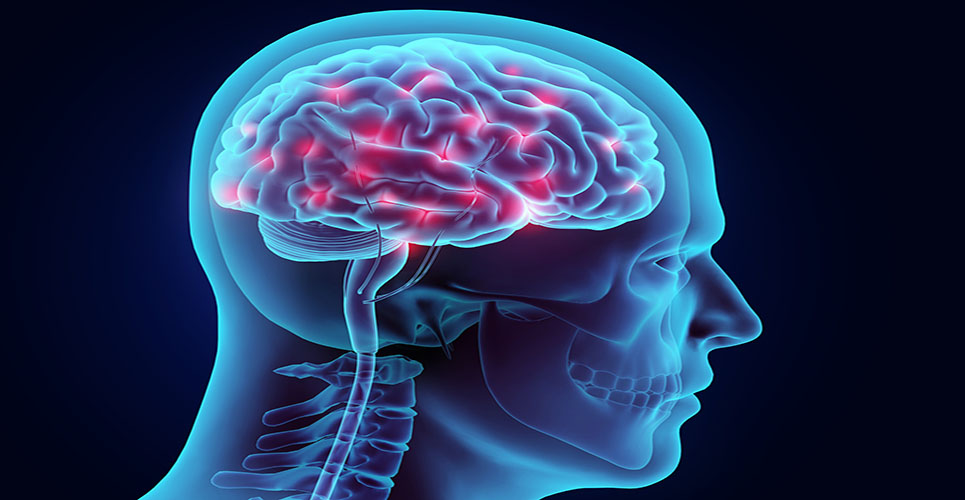teaser
New data presented at the 62nd American Academy of Neurology annual meeting in Toronto, Canada, showed that patients with moderate to severe Restless Legs Syndrome (RLS) using rotigotine achieved sustained improvements in symptoms over 5 years of treatment.
“Many people with RLS will have spent months or years trying to get a diagnosis and find a treatment that can help them. So these 5-year results provide additional evidence that once they start using rotigotine people with RLS may experience long term relief from their symptoms, and a significant proportion may become symptom free,” said Diego Garcia-Borreguero, MD, Director Sleep Research Institute, Madrid, Spain.
This study of rotigotine in patients with moderate to severe RLS was the longest ever open label prospective follow-up of a placebo-controlled phase II trial in RLS. The final 5-year results confirm the safety and efficacy of rotigotine seen at previous interim analyses, with over a third of patients followed up remaining symptom free after five years of treatment.
Of the 295 patients with moderate to severe RLS who entered the study, 126 (43%) completed the 5-year follow up. The mean dose of rotigotine was 2.43mg/24 hours after initial titration and 3.09mg/24 hours at the end of the study. Fifty nine per cent of patients were classified as remitters (IRLS< 10), and 39% as symptom-free (IRLS=0).
The study looked at improvement in symptoms based on the International Restless Legs Syndrome Study Group Rating Scale (IRLS)[4]*. The total IRLS score ranges from 0 (no symptoms) to 40 (very severe symptoms). A score of >20 indicates severe RLS. The mean IRLS* score was 27.8 at baseline, improving by 18.7 points to 9.0 at the end of the study. Sustained improvements were also seen in quality of life and other RLS rating scales.
Most adverse events (AEs) were mild to moderate in intensity, the most common AEs being application site reactions (58%), nasopharyngitis (19%), back pain (14%), nausea (12%) and fatigue (11%). Thirty per cent of patients discontinued the study due to an AE.
A comparison of 1, 2 and 5-year efficacy data (with 220, 191 and 126 patients respectively) showed that improvements in RLS symptoms remained stable throughout the follow-up period. Improvements in IRLS scores were 17.4 points at 1 year, 17.2 points at 2 years, and 18.7 points at 5 years.
For more information, please click the link below:
UCB

